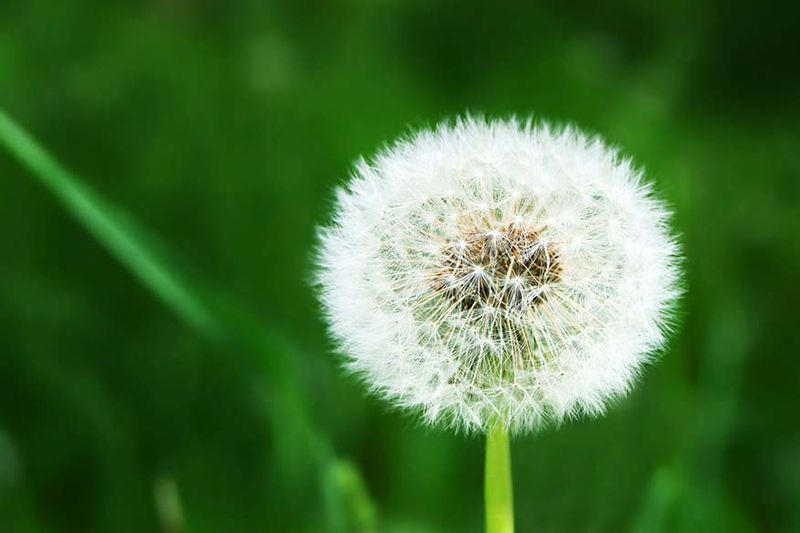Does an AC Help With Allergies?

Does an air conditioner (AC) help with allergies? In one word, yes. Actually two words, yes if. If you properly maintain the air conditioner. Air conditioners can help filter your home’s air and control its humidity, which are both helps in the allergy world. According to the Asthma and Allergy Foundation of America (AAFA), it’s estimated there are now 50 million seasonal allergy sufferers in America, so any and all help is welcomed.
But properly maintaining your heating, ventilation, and air conditioning (HVAC) system is the difference between your air conditioner helping with those allergies and it aggravating them. Jacobs HVAC/R specializes in air conditioners. Contact us with any questions you may have or assistance you may need.
How It Helps
Whether you suffer from Wenatchee seasonal allergies or year-long allergens like pet dander or dust, your air conditioner can help you breathe easier. With the correct filter, your indoor air quality (IAQ) can be improved, filtering out allergens like pollen, pet dander, dust mites, and other irritant air particles. These particles get stopped by the filter and are not allowed to continue through the system to make their way to your lungs, improving air quality.
Indoor air quality is also improved because your air conditioner helps control your home’s humidity. Higher levels of humidity breed additional allergens like bacteria, mold, and mildew. Your air conditioner works hard to balance your home’s humidity, thereby reducing the instances of these allergens and irritants.
When It Does Not Help
Your air conditioner can help in these instances, except when it’s not maintained properly. When the maintenance on your HVAC system is neglected, it actually makes your indoor air quality worse, so in turn your allergies may get worse.
If your filter continues to trap the particles flowing through the system and is not changed, those particles build up, now having nowhere to go except to blow through your home. The same applies to the other allergens resulting from higher humidity or dampness.
If the humidity builds or if there are leaks somewhere in the system, say in the ductwork, a damp environment now exists. Mold and bacteria have free rein to flow through your home’s air, adding to the allergens you’re breathing.
What You Can Do
To keep your air conditioner helping, rather than hurting, your allergies, take these steps:
• Have your air conditioner cleaned and maintained regularly, at least once a year
- Change or clean your air filters regularly
- Use a higher MERV(Minimum Efficiency Reporting Value) rated filter (at least an 8 rating), if changing filters
- Clean any debris or dust around both your outdoor and indoor air conditioner units to avoid it being pulled into the unit and introduced into your Washington home
- Dust all indoor registers and returns on a regular basis
- Inspect your ductwork and HVAC unit (drip pan and drain, evaporator coils, air handler) for signs of leaks, corrosion, or mold
- Consider upgrading your air conditioner if over 10 years old
- Keep doors and windows closed while your air conditioner is running
- Consider adding on an air purifier
Let Us Help You With Your Allergies
Here in Wenatchee, WA, allergies are a serious concern for many. Keeping your air conditioner properly maintained throughout the year can definitely help with airborne allergies. Call our experts at Jacobs HVAC/R at 509-293-1441 or request service online to speak with one of our professionals today to see how we can help you.
Need HVAC Service?
Contact the experts at Jacob’s HVAC/R.
Call us at 509-293-1441!